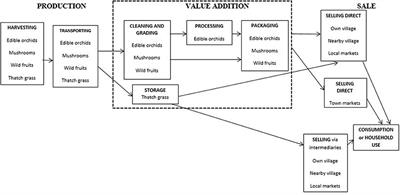ORIGINAL RESEARCH
Published on 16 Sep 2020
Do Trees on Farms Improve Household Well-Being? Evidence From National Panel Data in Uganda
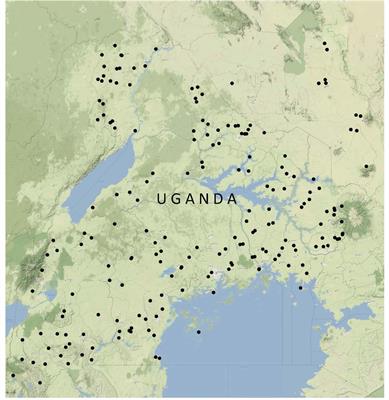
doi 10.3389/ffgc.2020.00101
- 5,306 views
- 20 citations
7,434
Total downloads
61k
Total views and downloads
ORIGINAL RESEARCH
Published on 16 Sep 2020

ORIGINAL RESEARCH
Published on 10 Sep 2020
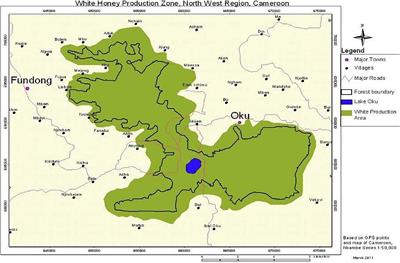
ORIGINAL RESEARCH
Published on 26 Jun 2020
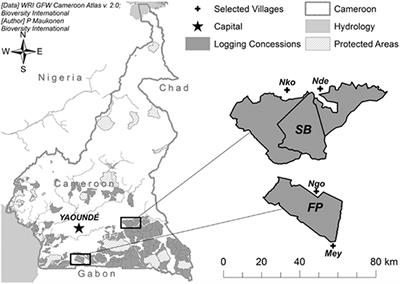
ORIGINAL RESEARCH
Published on 20 Mar 2020
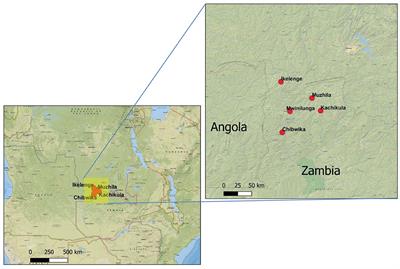
ORIGINAL RESEARCH
Published on 08 Nov 2019
